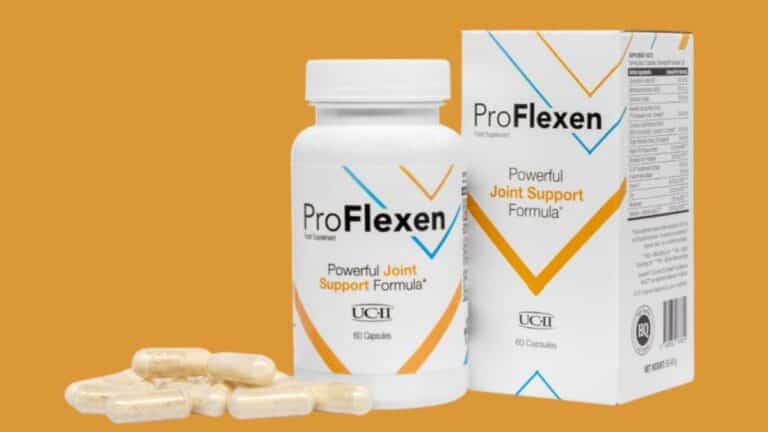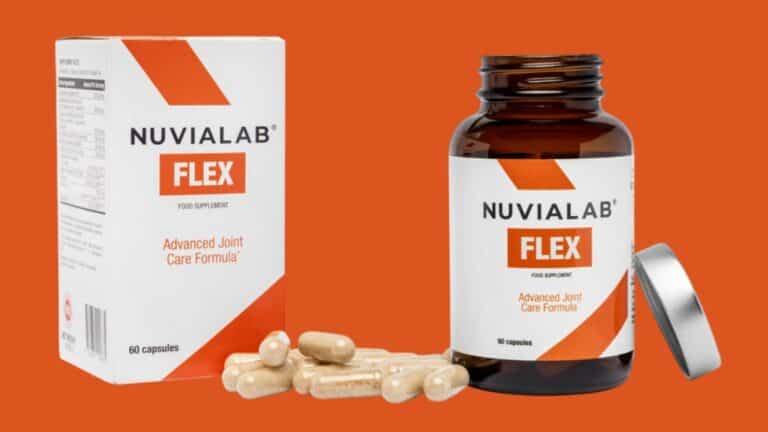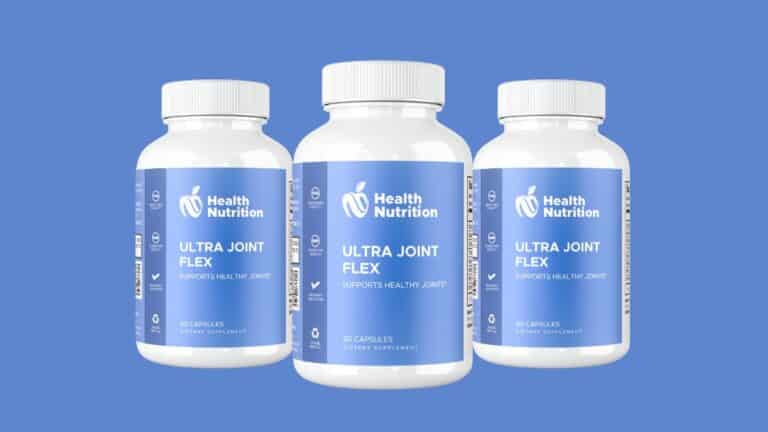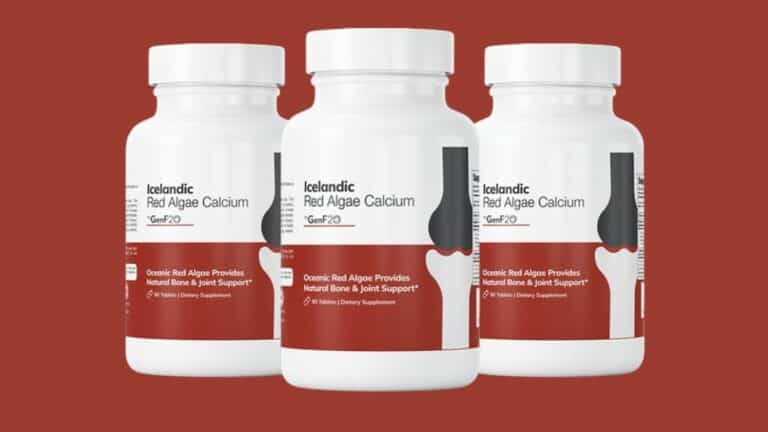Understanding Weight Loss Pills
Weight loss pills are a popular method to help shed those pesky extra pounds. Let’s explore how non-prescription and prescription weight loss pills stack up against each other.
Non-prescription vs. Prescription
Non-prescription Weight Loss Pills
These are the ones you can grab off the shelf without a doctor’s note—also known as over-the-counter (OTC) weight loss products. They’re meant to aid weight loss and include various supplements and medications. The only OTC product blessed by the U.S. Food and Drug Administration (FDA) is orlistat, better known as Alli. It helps by stopping your body from absorbing some fats from your meals.
But here’s the kicker—not all OTC pills are created equal. The success and safety levels swing wildly. Many over-the-counter solutions come with serious health warnings, and it’s wise to have a chat with your doctor before popping these pills.
Prescription Weight Loss Pills
These are the big guns, the ones a doctor prescribes when diet and exercise just aren’t cutting it. They’re stronger, well-tested, and meant to team up with good eating habits and regular workouts.
When used with lifestyle changes, prescription pills can help you lose 3% to 12% more weight than you would with just lifestyle changes. That can add up to some great health perks, like lower blood pressure and better blood sugar levels.
| Type of Pill | Access | Common Examples | Efficacy | Safety Concerns |
|---|---|---|---|---|
| Non-prescription | Over-the-counter | Alli (orlistat) | Varies widely | Watch out for side effects |
| Prescription | Doctor’s prescription | Orlistat (Xenical) | Adds 3% – 12% more weight loss | Consult your doctor first |
For more scoop on over the counter weight loss pills, or if you’re thinking about a more potent option that needs a prescription, take a peek at our section on prescription weight loss pills.
When weighing the pros and cons of both options, make it a date with your healthcare provider. This ensures whatever you choose keeps you healthy and safe.
Efficacy of Over-the-Counter Options
When you’re looking to shed a few pounds using non-prescription weight loss pills, it’s important to get a handle on what really works. This part of the article takes a closer look at some of the most popular over-the-counter (OTC) products and considers both the highs and lows.
Examining Popular OTC Products
Non-prescription weight loss pills can catch the eye of anyone wanting an extra assist with their diet and exercise goals. Here’s a peek at a few well-known OTC weight loss products:
- Caffeine-Based Supplements
Caffeine is a regular guest in many weight-loss supplements. This trusty ingredient is known to jack up your energy levels and get your body burning more fat and calories (National Institutes of Health). Studies show it can help with weight loss, especially when mixed with other ingredients, leading to a decreased number on the scale, body fat, and your BMI.
| Supplement | Effectiveness | Potential Side Effects |
|---|---|---|
| Caffeine-Based | Boosts energy and burns fat | Can’t sleep, feeling jittery, faster heartbeat |
- Bitter Orange Supplements
Bitter orange is another go-to in many weight-loss supplements. It’s believed to bump up your energy, help burn fat, and slightly curb your appetite. But, it can come with some serious side effects, such as chest pain or a racing heart (National Institutes of Health).
| Supplement | Effectiveness | Potential Side Effects |
|---|---|---|
| Bitter Orange | Boosts energy, suppresses appetite | Chest problems, racing heart, heart attacks |
- African Mango Extract
Extract from the African mango seed has been in the spotlight for its potential in trimming body weight, body fat, and waist size. Studies over in Cameroon found that folks who took 150 mg of IGOB131 extract saw more positive results compared to those on a placebo (National Institutes of Health).
| Supplement | Effectiveness | Potential Side Effects |
|---|---|---|
| African Mango Extract | Cuts weight and waist size | Not much info on side effects, needs more research |
- Chromium Picolinate
Chromium picolinate is thought to help out with weight loss by getting your body to respond better to insulin, maybe reducing hunger and burning calories more efficiently. The data on this, though, is a bit all over the place, and more studies are needed to give a thumbs-up to its weight-loss power.
| Supplement | Effectiveness | Potential Side Effects |
|---|---|---|
| Chromium Picolinate | Might help insulin do its job | Headaches, dizziness, upset stomach |
While these OTC weight loss options can have their perks, it’s crucial to tread carefully. Over-the-counter stuff can come with big risks, such as nasty side effects. Always chat with a healthcare professional before starting any new supplement.
To get a closer look at the best non-prescription weight loss pills and what they can do, check out our guide on top rated weight loss pills. To delve into the FDA-approved weight loss drugs, swing by our article on fda approved weight loss pills.
Safety Concerns and Risks
Thinking about trying over-the-counter weight loss pills? Well, it’s kinda like choosing a new ride—you gotta check out the features, but also be aware of the safety concerns and risks involved. Before you pop any OTC weight-loss tablets into your daily lineup, being informed is the name of the game.
Potential Side Effects
These non-prescription pills might not be all rainbows and butterflies. Some side effects might be as harmless as a tickle, while others could be as serious as a storm. Here’s the list of the usual suspects:
- Nausea
- Constipation
- Diarrhea
- Increased heart rate
- High blood pressure
Sometimes, these side effects might just vanish like a disappearing act. Other times, they might shout for attention and demand a doctor’s visit.
| Side Effect | Description | How Bad? |
|---|---|---|
| Nausea | Upset stomach, maybe making you hurl | Mild |
| Constipation | Stuck in the loo guessing game | Mild to Medium |
| Diarrhea | Cha-cha-cha every time you eat | Mild to Medium |
| Increased Heart Rate | Heart’s doing the samba | Medium to Major |
| High Blood Pressure | Watch out, could cause severe headaches | Medium to Major |
Knowing these side effects can be a lifesaver. Each product has its own wildcard, and your body could react differently. For more deets on what’s what, hit up our full scoop on over-the-counter weight loss pills.
Consultation with Healthcare Providers
Before going full-speed on the weight loss highway with these non-prescription pills, hitting up a healthcare provider’s office is strongly recommended. They can dish out advice that’s tailor-made just for you based on what your medical record looks like, what shape you’re currently in, and what your dream destination is weight-wise.
| Why Chat With the Doc | Why It Matters |
|---|---|
| Spot Possible Mix-Ups | Check if these pills will throw shade at meds you’re on |
| Gauge Your Health Situation | See if those pills play nice with your health quirks |
| Tailor Your Plan | Get the lowdown on how much to take and for how long |
| Keep an Eye on Side Effects | Catch those side effects before they catch you |
Your doc’s got your back. For more handy tips on safe weight loss pills, consulting them will help you weigh your options.
Curious about the good stuff with some official backing? Check out FDA-approved weight loss pills for insights into regulated weight management choices.
Recognizing these potential side effects and the magic of consulting a healthcare provider allows you to tackle the scale with a double dose of confidence and caution. For more intel on acing the weight loss game, snoop around our pages on weight loss pills that work and fast weight loss pills.
FDA-Approved Weight Loss Drugs
Long-term Use Benefits
Looking to manage your weight? FDA-approved prescription weight-loss drugs, taken alongside some good ol’ lifestyle tweaks, offer a way to step it up a notch. According to the smart folks over at Mayo Clinic, sticking with these meds over the long haul might help you shed between 3% to 12% more of your total body weight than if you just focus on changing daily habits alone. These weight-busting champions are chosen because they work well and don’t pose too many health risks, giving you a head start in the weight loss game.
| Benefit | Weight Loss Percentage | Source |
|---|---|---|
| Lifestyle Changes Alone | Up to 5% | Mayo Clinic |
| Lifestyle Changes + Medication | 3% to 12% more | Mayo Clinic |
Curious to know more about what’s safe and effective? Dive into our article on FDA approved weight loss pills.
Mechanisms of Action
Getting a handle on how these drugs do their magic is a smart move to decide what’s right for you. Let’s break it down:
Reducing Hunger: These meds team up with brain signals to curb your appetite. Stuff like GLP-1 agonists—including Wegovy, Zepbound, and Saxenda—fall in this pot. They’re not only effective, but they’re also among the usual suspects when it comes to recommended treatments (UC Davis Health).
Increasing Fullness: Other drugs work by making your belly feel full sooner, cutting down on how much you munch. Take Ozempic—all the rave in diabetes care—as it helps with weight loss by dialing up that feeling of fullness (UC Davis Health).
Fat Absorption Inhibition: Then there’s Orlistat, the oddball in the group, which blocks some of the fat you eat from being absorbed, saving you some calories from fat (Mayo Clinic).
| Drug | Mechanism | Example Medications |
|---|---|---|
| Appetite Suppressants | Shuts hunger | Wegovy, Zepbound, Saxenda, Ozempic |
| Satiety Enhancers | Boosts fullness | Saxenda, Wegovy |
| Fat Zappers | Cuts fat intake | Orlistat |
For a deeper dive into what works best, check out our pieces on best weight loss pills and top rated weight loss pills.
Mixing the right meds with a balanced diet and regular sweat sessions can seriously speed up your weight loss journey. For more insights and tips, hop over to our guide on prescription weight loss pills.
Popular OTC Weight Loss Products
When you’re eyeing some extra jiggle to trim off, there’s a bunch of over-the-counter (OTC) weight loss pills out there catching attention. Here’s the lowdown on four familiar faces: African Mango Extract, Bitter Orange Supplements, Caffeine-Based Supplements, and Chromium Picolinate.
African Mango Extract
African Mango Extract, coming from the seeds of the Irvingia gabonensis tree, is said to help trim down your weight, fat, and waistline. A study out of Cameroon showed folks taking 150 mg of IGOB131 extract had a noticeable drop in these areas (source: National Institutes of Health).
| What It Does | Change seen |
|---|---|
| Body Weight | Noticeable |
| Body Fat | Noticeable |
| Waist Size | Noticeable |
Keep in mind, more research with larger groups is still on the to-do list to definitely claim the benefits of African Mango Extract for slimming down. If curious about non-prescription weight loss options, check out our section on over the counter weight loss pills.
Bitter Orange Supplements
Bitter orange makes regular appearances in slimming supplements. It’s known to ramp up energy offload, help bust apart fats, and curb hunger a bit. On the flip side, watch out—it can act like adrenaline, possibly throwing in some unwanted issues like chest aches, racing heartbeats, and even heart attack and death (source: National Institutes of Health).
Caffeine-Based Supplements
Caffeine pops up in weight-loss circles for its abilities to boost energy burn, fat busting, and heating up your system (thermogenesis). Trials show positive slimming effects with caffeine blends, especially with other ingredients. Results include lighter scale readings, a lower percentage of body fat, and reduced BMI (source: National Institutes of Health). Check out other top rated weight loss pills in our in-depth look.
Chromium Picolinate
Chromium Picolinate has been checked out in studies with folks carrying extra weight. Findings suggest it can shave off some pounds and fat. However, how much this matters clinically is still up in the air, and the whole evidence stack is pretty thin (source: National Institutes of Health).
| What’s Affected | Seen Effectiveness |
|---|---|
| Body Weight | Not too shabby |
| Body Fat | Not too shabby |
| Evidence Strength | Weak sauce |
Peep our detailed guides for more on safe weight loss pills. Picking the right non-prescription pill means knowing what each one does, lining it up with your health cards and weight goals. Chat with a healthcare brainiac before jumping on the weight loss supplement wagon.
Weight Loss Product Usage Patterns
Survey Findings
So, what’s the deal with non-prescription weight loss pills? A study tells us that back in the late ’90s, about 7% of folks sampled, especially young women dealing with obesity, were popping these kinds of pills (JAMA Network).
Fast forward to a broader national study showing that around 20% of women and 11% of men admitted to trying weight loss products. Later on, more numbers emerged, finding 18% of the gals and 8% of the guys were still using non-prescription weight loss aids as part of their slimming efforts (JAMA Network).
| Year | Women Using (%) | Men Using (%) |
|---|---|---|
| 1996-1998 | 20 | 11 |
| Later Study | 18 | 8 |
Usage Trends in Specific Groups
Let’s break it down further. The survey shows that over half the users of these weight loss helpers were women, mostly non-Hispanic whites. Interestingly, many folks using prescription weight loss pills were also doubling up with non-prescription ones (JAMA Network).
Get this: more than a third of women on prescription weight loss pills were also diving into non-prescription options. This suggests a trend of mixing and matching these aids among women determined to manage their weight effectively (JAMA Network).
Curious about which weight loss pills might work for you? Check out our articles on best weight loss pills and top-rated weight loss pills.
And if you’re seeking something tailored to women, find what you need in our weight loss pills for women section.







